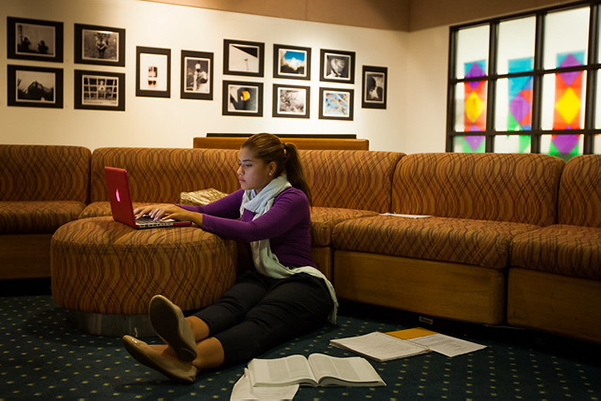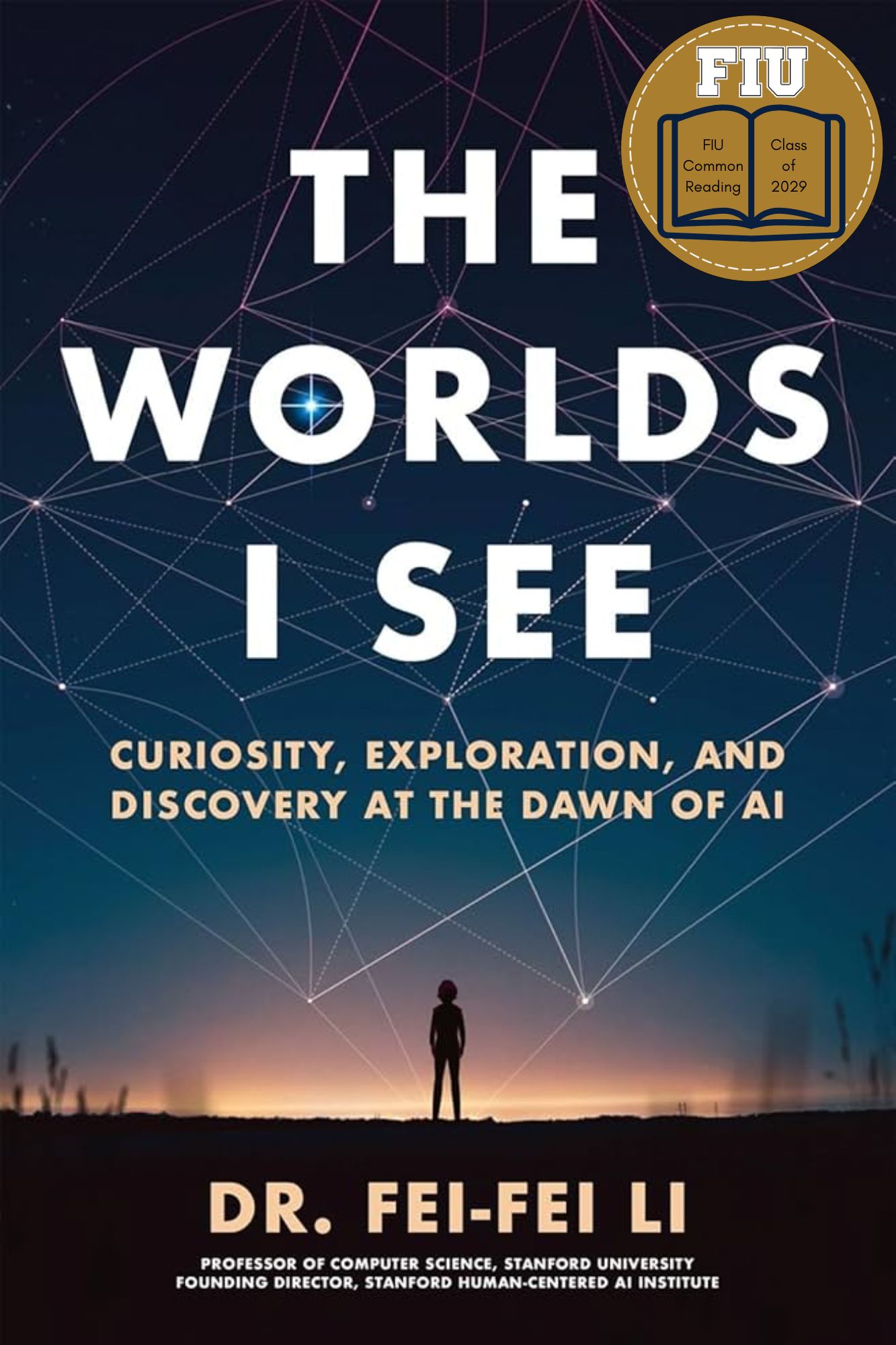Common Reading
Building Connections Through Literature
The Common Reading Program affords students the opportunity of participating in a common curricular experience that creates community and a common ground for discussion.
The program is tailored specifically for incoming first-year students. Students are expected to have read the book before the first day of class and will join together with faculty and peers to discuss and think critically about key concepts. The Common Reading Program will encourage students to partake in intellectual engagement and will create a sense of community among newly admitted Panthers.

